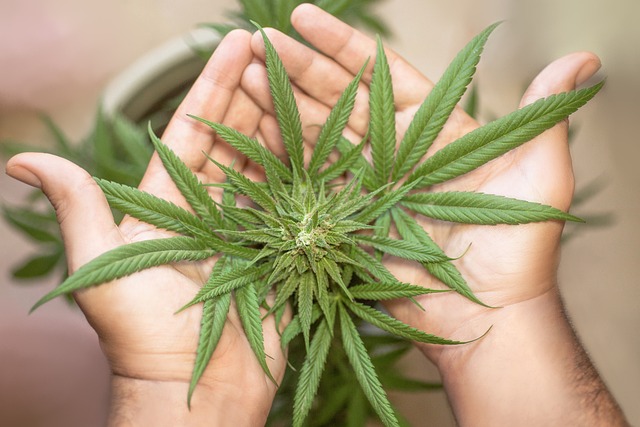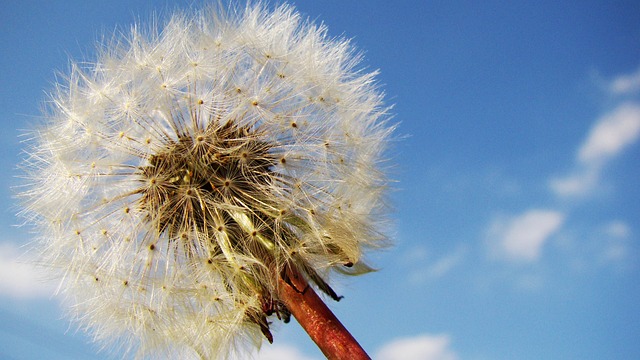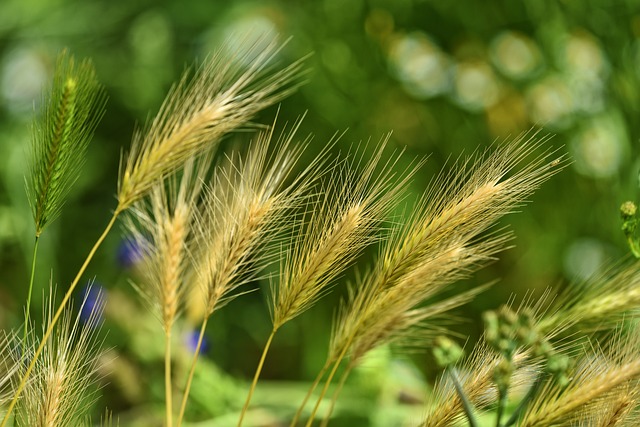Lab reports for THCA flower are critical for assessing its chemical composition, safety, and efficacy. These detailed analyses provide precise measurements of THCA content alongside other cannabinoids, terpenes, and flavonoids, which are key to understanding the potential effects and therapeutic benefits of the product. For consumers and researchers alike, these reports serve as a guide for informed decision-making regarding the use of THCA flower, whether for medical or recreational purposes. The lab reports ensure that products are free from harmful contaminants and confirm the authenticity of their cannabinoid profiles, which is essential for consumer trust and safety. Additionally, they play a crucial role in advancing scientific understanding of cannabis and driving product development within the industry. These comprehensive analyses are also vital for highlighting potential side effects associated with THCA consumption, emphasizing the importance of personalized dosing and consulting healthcare professionals. Furthermore, they shed light on the biological mechanisms through which THCA may offer health benefits, such as anti-inflammatory and neuroprotective properties, and underscore the need for further research to fully comprehend its effects on human health. The growing interest in THCA flower’s medical and wellness applications reflects an active and promising field of scientific study.
Exploring the nuanced effects and safety profiles of THCA flower, this article delves into the multifaceted aspects of its consumption. From its scientific underpinnings to real-life patient experiences, we provide a comprehensive examination of THCA flower lab reports, shedding light on its potency and potential side effects. As cannabinoid science advances, understanding the intricate relationship between dosage, terpene profiles, and experiential outcomes becomes increasingly vital for consumers and medical professionals alike. This article aims to navigate the complexities surrounding THCA flower side efffects, offering clarity on its legal status, therapeutic benefits, and the importance of quality control in lab testing. Join us as we dissect the latest research, debunk myths, and offer expert insights to ensure informed decision-making regarding the use of THCA flower for both wellness and medicinal purposes.
- Understanding THCA Flower and Its Significance
- THCA Flower Lab Reports: A Closer Look at Safety and Potency
- Comprehensive Analysis of THCA Flower Side Effects
- The Science Behind THCA Flower’s Effects on the Body
Understanding THCA Flower and Its Significance

Laboratory analyses play a pivotal role in elucidating the characteristics and potential effects of THCA flower, which is the raw, unheated form of tetrahydrocannabinolic acid, a prominent cannabinoid found in the Cannabis sativa plant. These lab reports provide comprehensive data on the THCA content, as well as other cannabinoids, terpenes, and flavonoids present within the flower. This information is crucial for consumers and researchers alike, offering insights into the unique properties of each batch of THCA flower, which can influence its effects and therapeutic potential. Understanding the precise composition of a THCA flower through these lab reports allows for a more informed approach to its use, whether for medicinal or recreational purposes. It is through such scientific examination that users can ensure they are utilizing a product that aligns with their desired outcomes and has been scrutinized for safety and efficacy. Additionally, the data gleaned from these reports contribute significantly to the broader understanding of cannabis science, guiding future research and the development of products derived from this versatile plant.
THCA Flower Lab Reports: A Closer Look at Safety and Potency

Lab reports play a pivotal role in assessing the safety and potency of THCA (Tetrahydrocannabinolic Acid) flower, a non-psychoactive cannabinoid found in the Cannabis sativa plant. These detailed analyses provide critical insights into the chemical composition of the THCA flower, including its concentration levels and the presence of any potential contaminants. A thorough examination of THCA flower lab reports reveals the precise amount of THCA present, which is essential for consumers to understand the expected effects and dosage. Furthermore, these reports verify the absence of harmful substances like pesticides, heavy metals, and residual solvents, thereby ensuring the product’s safety for use. The integrity of a THCA flower is underscored by consistent lab report findings that align with its advertised cannabinoid profile. Users can rely on these reports to make informed decisions based on the product’s efficacy and quality, which are paramount for a positive and safe experience. When sourcing THCA flower, it is advisable to look for products accompanied by comprehensive lab reports to guarantee their authenticity and potency.
Comprehensive Analysis of THCA Flower Side Effects

Laboratory analyses have consistently highlighted potential side effects associated with the consumption of THCA flower, which is the raw form of tetrahydrocannabinolic acid, a prominent cannabinoid found in the Cannabis sativa plant. These lab reports provide critical data on the pharmacokinetic properties and physiological effects of THCA, offering insights into its interaction with the human endocannabinoid system. Users have reported a range of side effects, primarily at higher dosages or when used in conjunction with other cannabinoids like THC. These may include dry mouth, red eyes, altered mood, and potential psychoactive effects. Additionally, some individuals may experience dizziness, increased heart rate, or anxiety. It is important for consumers to approach the use of THCA flower with caution and to consult with healthcare professionals, especially if they have pre-existing health conditions or are taking other medications. The comprehensive analysis found in these lab reports underscores the necessity for dose titration and individualized consumption guidelines to minimize potential adverse effects while maximizing therapeutic benefits. Users are advised to review certified lab reports to gain a thorough understanding of the specific strain’s composition and potential side effects, thereby enabling informed decision-making when incorporating THCA flower into their wellness regimen.
The Science Behind THCA Flower’s Effects on the Body

Lab reports on THCA flower, a non-psychoactive cannabinoid found in the Cannabis sativa plant, have shed light on its potential effects within the human body. The Science Behind THCA Flower’s Effects on the Body is rooted in the way it interacts with the endocannabinoid system (ECS), a complex network that plays a key role in regulating various physiological processes. THCA’s affinity for certain receptors within this system suggests it may offer therapeutic benefits, including anti-inflammatory and neuroprotective effects. Research indicates that THCA interacts with the CB1 and CB2 receptors, which are part of the ECS, potentially contributing to pain relief without the psychoactive side effects associated with its psychoactive counterpart, THC.
Furthermore, studies have shown that THCA may exert its influence on other molecular pathways, offering a broad spectrum of potential health benefits. These include anti-emetic (anti-nausea) and antioxidant properties as reported in scientific literature. The therapeutic potential of THCA flower is an area of active research, with ongoing studies aiming to elucidate the full range of its effects on human health. The preliminary data from lab reports has been promising, highlighting the importance of continued investigation into this cannabinoid’s efficacy and safety profile. As such, the role of THCA flower in medical and wellness practices continues to be an exciting subject of scientific inquiry.
In conclusion, the exploration into the properties of THCA flower through meticulous lab reports has provided a clearer understanding of its significance and potential effects within the body. The comprehensive analysis of its side effects reveals that, while generally well-tolerated by users, careful consideration is necessary to mitigate any adverse reactions. It’s crucial for consumers to review THCA flower lab reports to ensure safety and efficacy. Understanding the science behind its effects is pivotal in responsibly integrating THCA flower into one’s wellness regimen. As research continues to evolve, the importance of verified data from credible lab reports will remain paramount for informed decision-making within this growing field.
